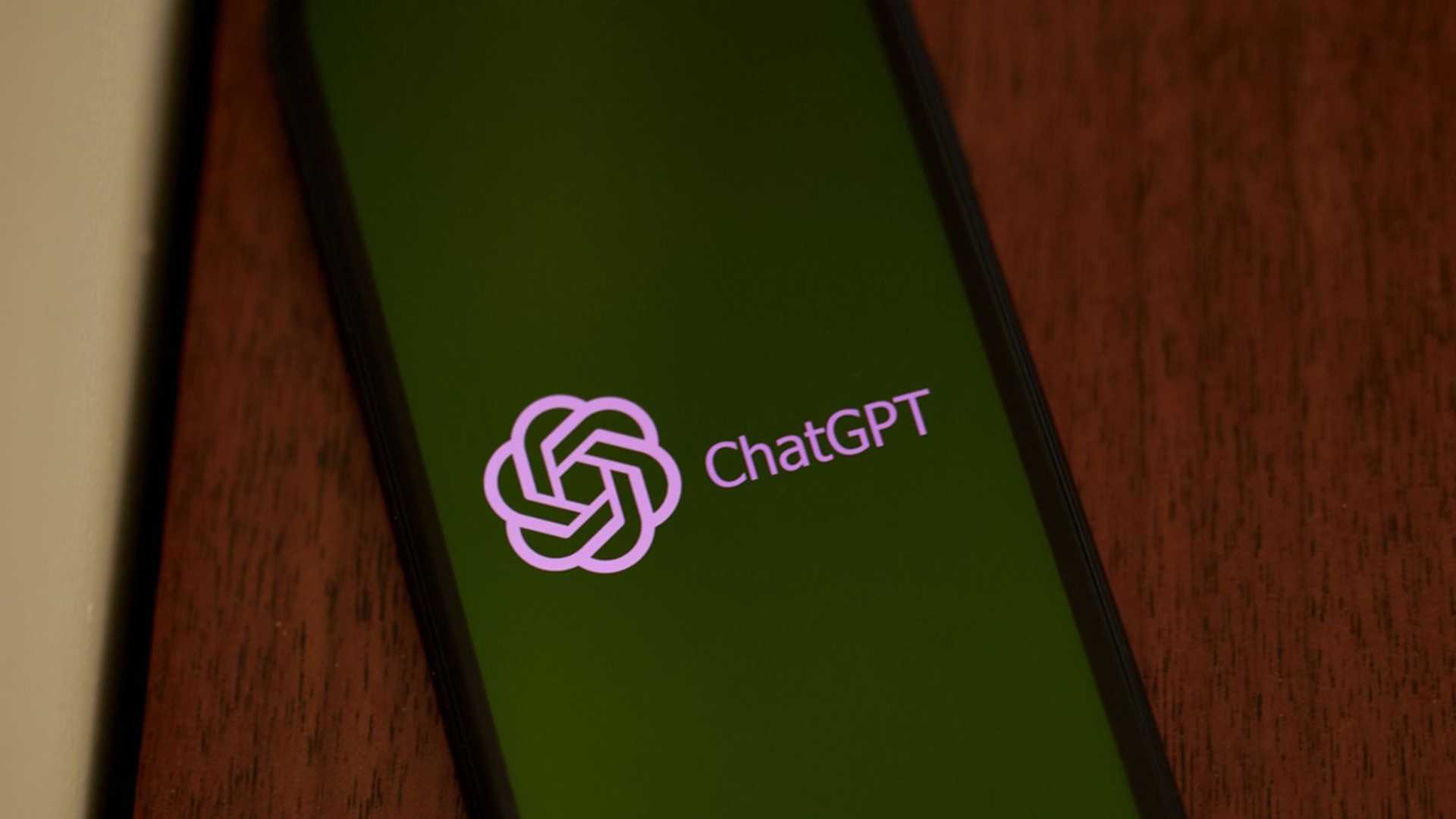Why ChatGPT and AI can't make world-changing, transformative...
ChatGPT has been making waves lately, with companies like Microsoft investing billions in it and using it to write copy for ads featuring Ryan Reynolds. It seems like this AI technology can turn its hand to pretty much any creative task, but does that mean the end of human creativity? The short answer is no. ChatGPT is a word changer, not a world changer.
In a recent blog post, Australian songwriter Nick Cave responded to an attempt by ChatGPT to write a song in his style. Cave argued that AI could never produce anything more than "replication as travesty." He went on to say that "songs arise out of suffering," and that algorithms can't feel. He's right—for now, anyway.
David Ogilvy once argued that creatives helped businesspeople escape "the tyranny of reason." Hyper logical, left-brain thinking is often at odds with generating really game-changing creative ideas, and this is still true in the era of ChatGPT.
AI tools are incredible imitators, but they can't comprehend the complex contextual sensitivities of human experience. They can't see how comedy can come from tragedy or how a "happy accident" of creativity can occur when two disparate ideas are connected by a unique emotional response. Struggle is an important part of the creative process, and it can't be underestimated. Transformative work is imbued with emotion that AI simply can't process right now.
While AI can enhance the work creatives do, it can't replace them. As Ogilvy notes, creativity requires more than reason. ChatGPT and AI tools may be good for getting ideas going, but as a creative on their own, they are no better than average. They can only look at what has already been done, and truly brilliant artists will always lean away from mood board creativity. ChatGPT could never imagine something like "Fearless Girl."
So, let's be nice to robots and use AI to enhance creativity, not replace it. The future is exciting, but it's still a long way from replacing human emotion and experience.




















